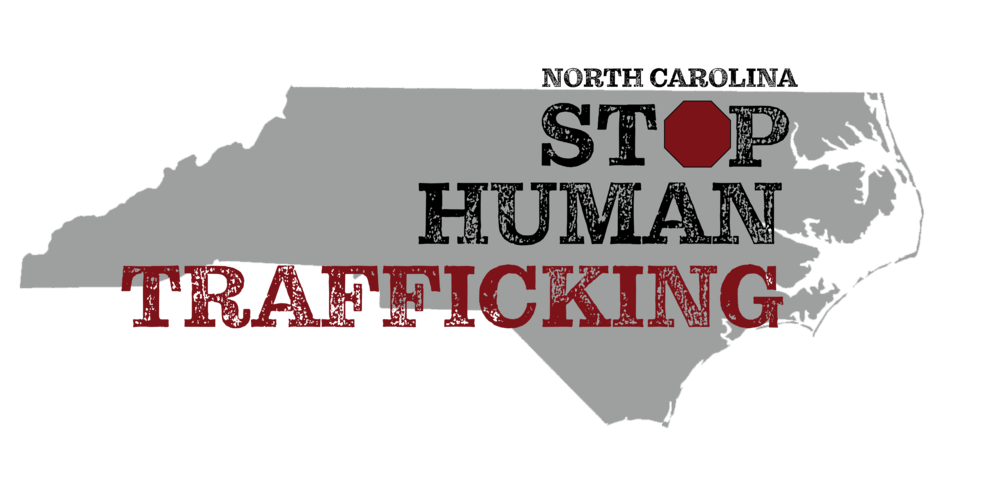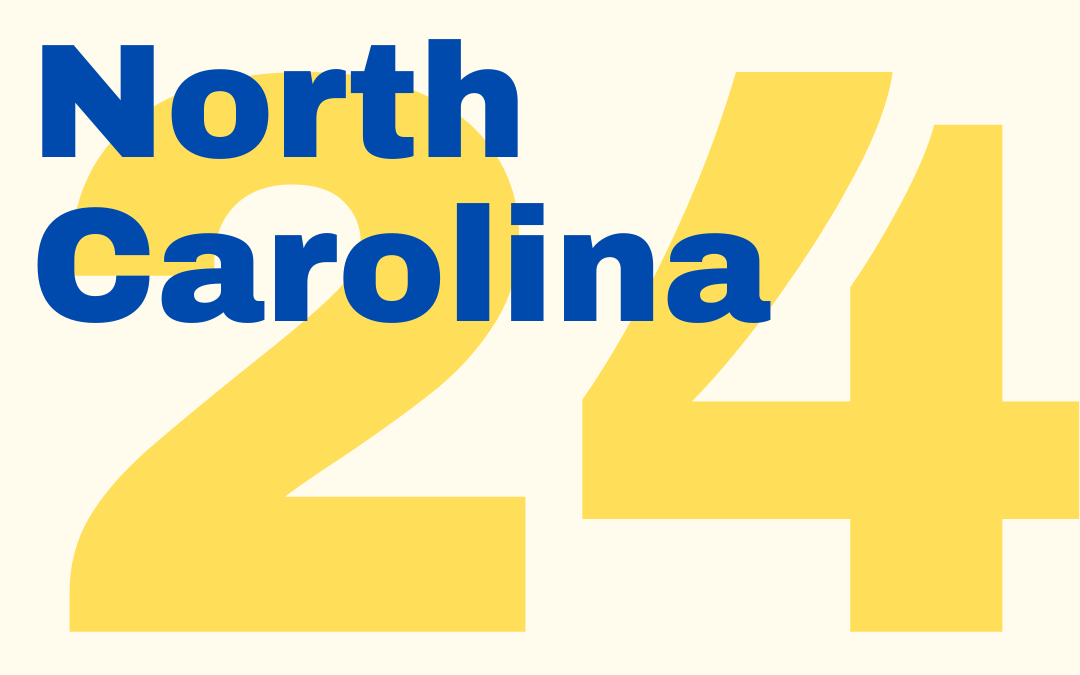….North Carolina ranks No. 24 according to the Safe House Project’s report “An Evaluation of Survivor Identification and Safe Housing by State.”
This report outlines how well each state is at identifies survivors, provides emergency response, offers a continuum of care, and implements policy and legislation.
According to the Safe House Project report, North Carolina is “leading the way in safe housing, offering a full continuum of care for adult survivors, along with providing emergency and long-term restorative care programming to minors.”
And though this sounds like good news, it merely puts into perspective how the rest of the country measures up.
North Carolina does not have housing or services for male survivors. There is no agency in this state that provides specialized services to survivors who are mothers with infants; who have severe psychiatric conditions; who are transgender; or who have physical disabilities.
The report also outlines how victim identification is lackluster in N.C.
While our overall ranking is 24 in the country, victim identification estimations rank N.C. at 30 in the country.
This is based on overall population and extrapolated data (which are all estimates, of course).
According to the report, N.C. only has an 8.7 rate of report per 100,000 people. In more clear terms, the National Human Trafficking Hotline reported that there were 223 confirmed cases of human trafficking in N.C. in 2021, and an extrapolated survivor estimate is at 223,000.
As with all human trafficking data, it must be said that there is no way to know the state’s true number yet, as there is no centralized database to for service providers and law enforcement officers to record victim information and case data in the state.
According to the report, N.C. mandates are not where they need to be to improve identification.
In N.C. the only professions that are required to be trained about human trafficking are law enforcement and educators. That leaves out workers in the juvenile justice system, child welfare, health care field, hospitality industry, and prosecutors.
Policy Recommendations from the Safe House Project for North Carolina
- Mandate training for child protective services and the juvenile justice system
- Create and fund restorative care programs for those with specialized needs
- Require non-trafficking focused residential programs (domestic violence shelters, youth shelters, group homes, and homeless shelters) to take human trafficking training
— Melinda Sampson is the Community Outreach Coordinator of NC Stop Human Trafficking. She can be contacted through email at melinda@ncstophumantrafficking.org.

